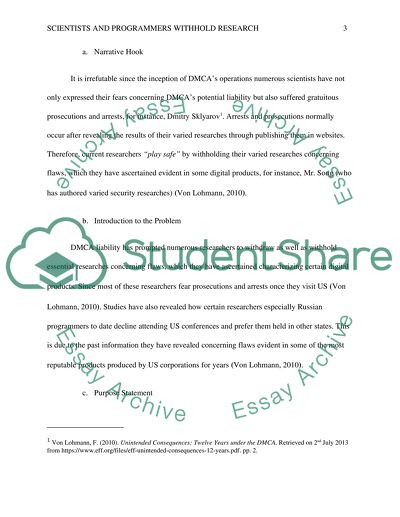Cite this document
(“FINAL LEGAL RESEARCH PAPER Essay Example | Topics and Well Written Essays - 3000 words”, n.d.)
Retrieved from https://studentshare.org/law/1482787-final-legal-research-paper
Retrieved from https://studentshare.org/law/1482787-final-legal-research-paper
(FINAL LEGAL RESEARCH PAPER Essay Example | Topics and Well Written Essays - 3000 Words)
https://studentshare.org/law/1482787-final-legal-research-paper.
https://studentshare.org/law/1482787-final-legal-research-paper.
“FINAL LEGAL RESEARCH PAPER Essay Example | Topics and Well Written Essays - 3000 Words”, n.d. https://studentshare.org/law/1482787-final-legal-research-paper.


